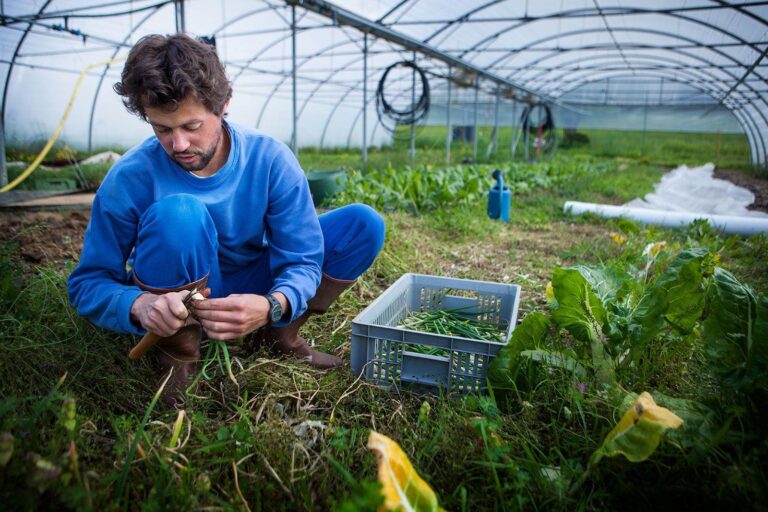Introduction to Sustainable Farming
Sustainable farming is a crucial approach for improving agricultural practices in Nigeria. Emphasizing the importance of maintaining ecological balance, Nigerian farmers are adopting methods that not only enhance productivity but also preserve the environment.
Benefits of Sustainable Farming Practices
Improved Yield
By implementing sustainable farming techniques, Nigerian farmers can significantly boost their crop yields. These practices include crop rotation, agroforestry, and organic farming, which promote soil health and increase resilience against pests and diseases.
Increased Income
Higher crop yields translate directly into increased income for farmers. Sustainable methods often lead to better quality produce, allowing farmers to access premium markets and receive higher prices for their goods.
Challenges Facing Sustainable Agriculture
Climate Change
Climate change poses a significant threat to sustainable agriculture in Nigeria. Changing weather patterns affect crop productivity, making it essential for farmers to adopt climate-smart practices to mitigate these impacts.
Lack of Resources
Many farmers struggle with limited access to resources, such as funding and training. Initiatives like those promoted by organizations are vital in providing the necessary support and education to empower local farmers.
Success Stories
Various communities in Nigeria have seen remarkable improvements through sustainable farming. Programs focusing on education and resource allocation have helped farmers implement successful strategies, greatly enhancing their livelihoods.
Conclusion and Call to Action
To promote sustainable farming in Nigeria, collective efforts are essential. Supporting initiatives that aid farmers can foster a more productive agricultural sector, leading to improved food security and economic growth. For more insights, visit this link.

